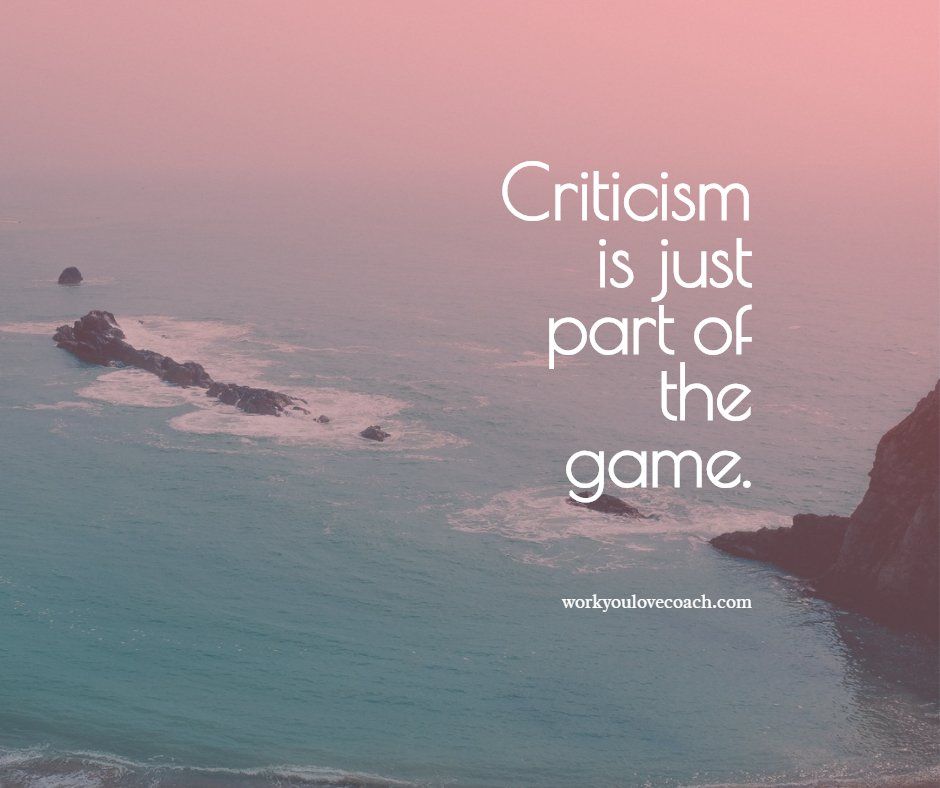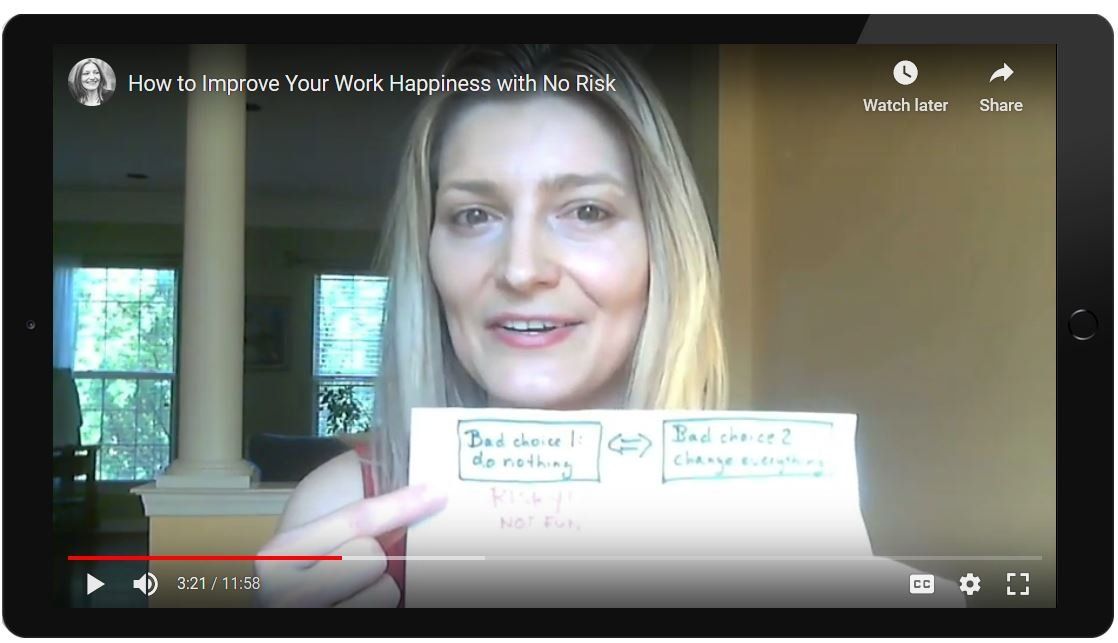How to Deal with Negative Writing Feedback
The fear of getting negative writing feedback can stop us from moving forward.
Case in point: if you’re like myself and many other writers, there are times when you ask yourself if you should hit the “submit” or “publish” button.
What if people don’t like it? What if we get criticized when we share our work publicly?
In his semi-autobiographical novel Black Swan Green, award-winning author David Mitchell
describes the whole process with the following words:
“If you show someone something you’ve written, you give them a sharpened stake, lie down in your coffin, and say, ‘When you’re ready’.”
Ouch.
Of course, most of us get nowhere near the public exposure for our writing as David Mitchell (who, as a side note, wrote the book Cloud Atlas which was turned into my favorite movie of all times).
And still, his description might ring true for all of us, no matter if 5 people read our writing, or 5 million.
So is there perhaps a way to soften the blow when we — inevitably — get criticized for what we write?
Here are 3 suggestions:
1) Frame how you’d like to receive criticism
Is there a way you can frame how you would like to receive writing feedback?
For instance, I have participated in events where the organizer asked people for feedback in terms of pluses and deltas, where delta means “what could be even better” or “what could be improved” etc.
This strategy works particularly well if you share your work with a closed group of people (such as a writing support group).
But, you can also include a brief note in a publicly accessible blog post about the type of feedback you’re looking for (for instance, concrete feedback on what could be improved) and anything that helps readers put your writing into context.
For instance, some people who don’t write in their first language put up a note to let their readers know that they are not native speakers. This typically has readers be more forgiving when it comes to small grammar mistakes.
2) Think of feedback as a gift (that you can either keep or discard)
If it is not possible to invite others to offer feedback in less harsh ways, you might like to think of any type of feedback (including criticism) as something you get for free. Because it’s free, you can simply acknowledge it with the words “thank you” at first (without yet deciding whether you agree with it or not).
Then, when you have time to consider the content of the feedback itself, you can systematically comb through it and see if there are things you agree with and you’d like to keep, and if there are things you’d like to discard.
In that sense, feedback is like a wildcard birthday gift. It may be super-amazing and helpful, or maybe it’s more like the gifted pair of socks that you really don’t want to keep in your house (👎).
3) Find supportive others
It can also be helpful to find a group of supportive people who can relate to what it’s like to receive criticism. They can both support you emotionally and practically.
For instance, when I was an Elephant Journal apprentice, one of the writers in our cohort received very negative and offensive feedback for an article she had written. (The headline was provocative and a lot of people didn’t bother to read the thoughtful article before commenting.)
Because she had a group of others, we were able to support her emotionally. We also were able to support her in practical ways, by responding to some of the negative comments and told them that they obviously hadn’t read the article.
With all that being said, let's move on to...
Taking action
- Pick one piece of writing where you are afraid of criticism
It doesn’t have to be something you have already written. It could also be something you’ve been thinking about but that you’re afraid to write. For instance: “There’s this article I wrote but I’m afraid that I come across as a bit conceited (which is not my intention at all). I’m not sure if that’s just my fear or if there’s something to it.”
- Pick one of these three approaches to try out
Simply choose one, or pick a combination of them. For example: “I think I could really benefit from having more support from other writers in my life. So, I think I will see if any of my writing friends are willing to give me feedback and help me figure out if I should change something about the article or just publish it as it is. I guess that’s a combination of the first and third approach?”
- Brainstorm ideas for applying this approach to your writing
For instance: “Well, I think I already started to answer that. I can certainly reactivate the writing support group I was in. I think I will tell them about the concern I have about appearing conceited and ask them if there are specific sentences I could change. If I want more support, I could also ask for feedback in Writing Cooperative’s Slack Channel or in the Facebook business group I’m a member of.”
- Pick one of these ideas and do it
For instance: “I will reach out to my writing friends and ask them to give me feedback on my article, specifically on my concern of appearing conceited.”
The idea 💡
In some ways, criticism is just part of the game.
At the same time, there are some things we can do to either make it slightly less likely that we’ll be criticized, or to feel better about criticism.
The four-step process above is a great way to get started on that.






